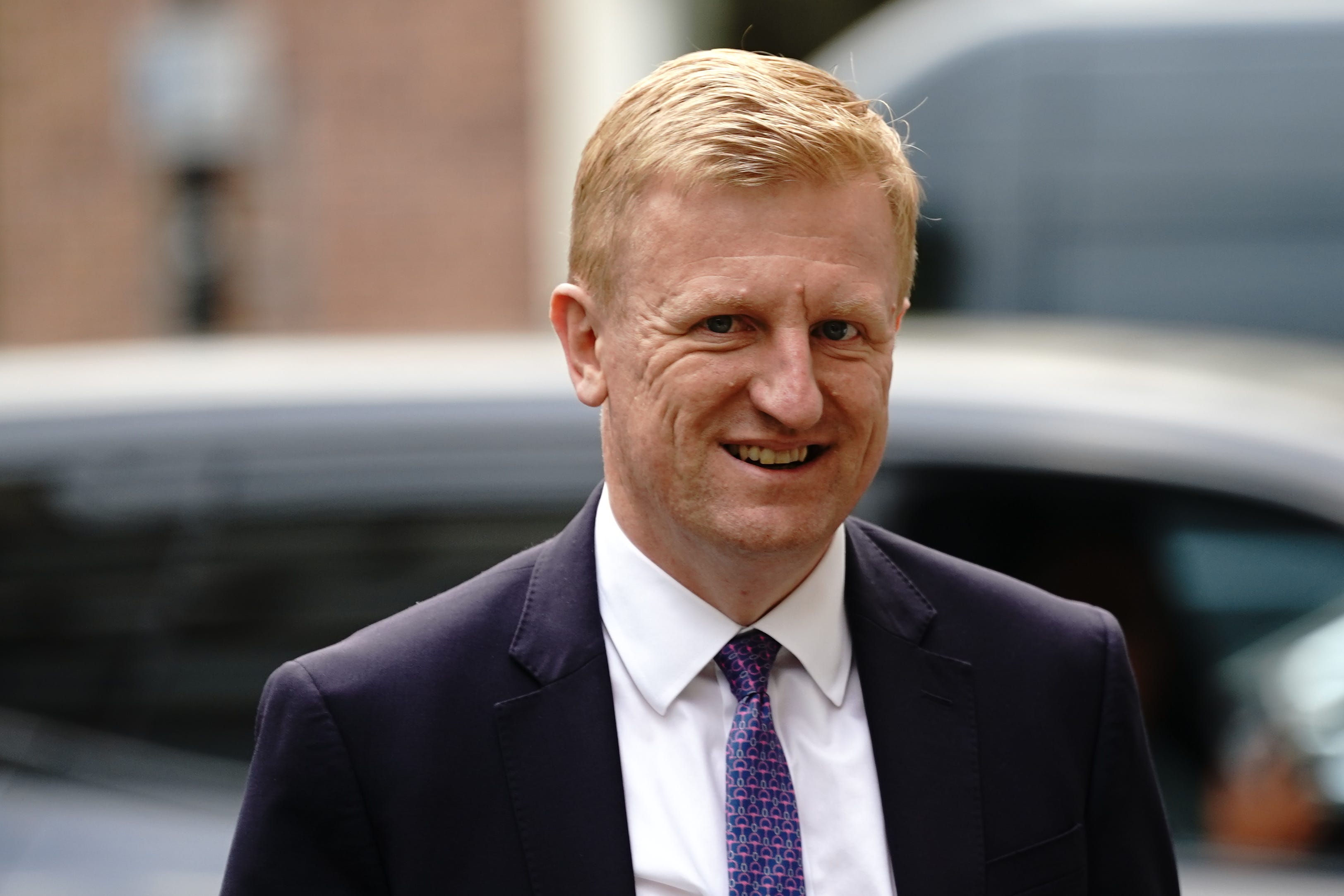AI will have more significant impact than industrial revolution - deputy PM
Deputy PM said AI had enormous potential to speed up productivity and perform boring aspects of jobs

Your support helps us to tell the story
From reproductive rights to climate change to Big Tech, The Independent is on the ground when the story is developing. Whether it's investigating the financials of Elon Musk's pro-Trump PAC or producing our latest documentary, 'The A Word', which shines a light on the American women fighting for reproductive rights, we know how important it is to parse out the facts from the messaging.
At such a critical moment in US history, we need reporters on the ground. Your donation allows us to keep sending journalists to speak to both sides of the story.
The Independent is trusted by Americans across the entire political spectrum. And unlike many other quality news outlets, we choose not to lock Americans out of our reporting and analysis with paywalls. We believe quality journalism should be available to everyone, paid for by those who can afford it.
Your support makes all the difference.Artificial intelligence will have a more significant impact on Britain than the industrial revolution, the deputy prime minister has said.
Oliver Dowden said AI had enormous potential to speed up productivity and perform boring aspects of jobs, but also posed a significant threat to democracies.
Speaking in an interview with The Times, Mr Dowden said: “This is a total revolution that is coming. It’s going to totally transform almost all elements of life over the coming years, and indeed, even months, in some cases.
“It is much faster than other revolutions that we’ve seen and much more extensive, whether that’s the invention of the internal combustion engine or the industrial revolution.”
Asylum claim applications processed by the Home Office are already using AI, and it could even be used in reducing paperwork that goes into ministerial red boxes.
Mr Dowden said this streamlining of work would allow for faster future decision-making by governments.
“The thing that AI right now does really well, it takes massive amounts of information from datasets in different places and enables you to get to a point where you can make decisions.
“Ministers are never going to outsource to AI the making of decisions. But all of the work that goes into getting to that point . . . You can use AI to speed it up.”
While he acknowledged the growth of AI would lead to a significant restructuring of the economy, Mr Dowden likened the change to the invention of the automobile.
He added: “We have a very tight labour market and the job of government is to make sure that people can transition.
“Ultimately, AI should have the capability to do the boring bits of jobs, so that humans can concentrate on the more interesting bits.”
However, Mr Dowden also said that AI could be harnessed by terrorists to expand knowledge on dangerous material or conduct widespread hacking operations.
Details of more than 10,000 officers and staff at the Police Service of Northern Ireland were published online for a number of hours on Tuesday, following an “industrial scale breach of data”.
Mr Dowden said: “You can shortcut hacking by AI. The ability to do destructive things — you can use AI to help you do those.
“Disaffected people exist already. Tie them in with AI, and that enhances, that proliferates, the kind of things that they can do.
“We need to be careful not to overstate these things and do it on an evidential basis, but there is the risk there that has to be addressed.”
Mr Dowden said the leak of data announced by the Electoral Commission on Tuesday was “precisely” the kind of threat that ministers had been warning about.